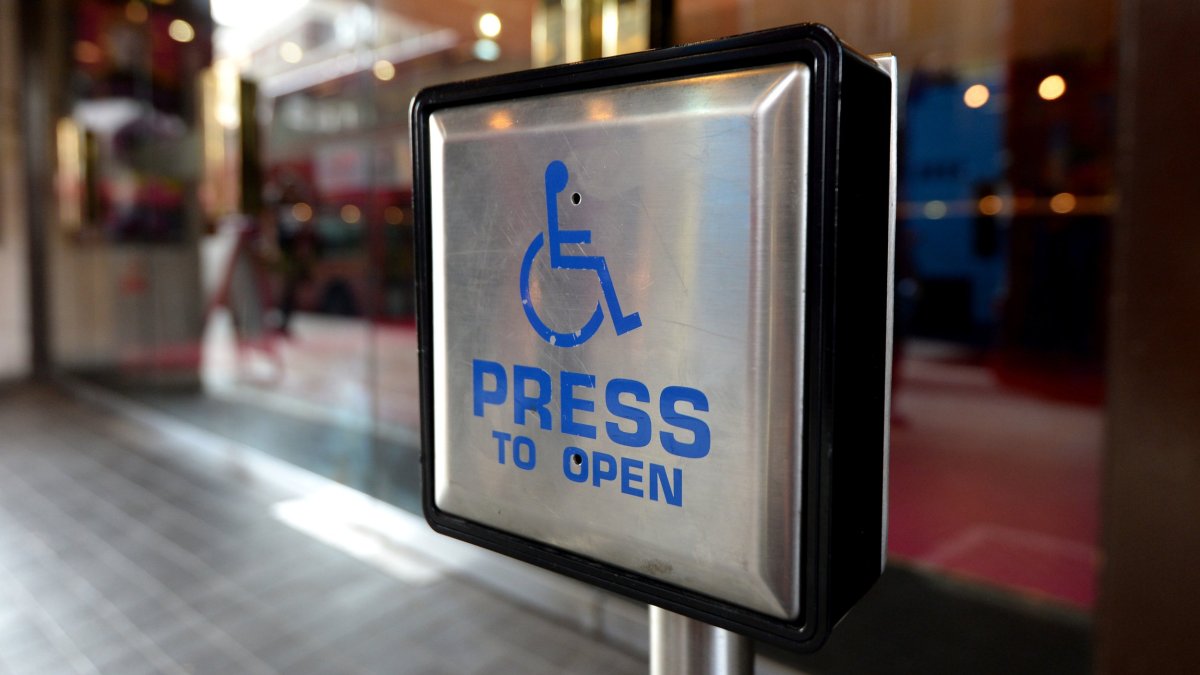The future of the disability benefit review is unclear and my understanding is that Labour intends to wait until after the election to make a decision.
The government’s consultation on how to reform disability payment – known as Personal Independence Payment (PIP) – is due to close five days after the start of the next parliament.
I have learnt that Labour has no plans to stop consultation and, if elected, will review the welfare policies it inherited from the Conservatives before making any decisions.
Speaking at an election event in Amersham, Chancellor Rishi Sunak denied that plans for welfare reforms to reduce the number of sick and disabled people losing their jobs had been derailed.
“It has always been the case that these reforms would require legislation,” Sunak told reporters, “and you can expect that a future Conservative government, led by me, will bring forward these reforms.”
“This is another example of my willingness to take bold action,” he added. “Welfare reform is one example. I’m willing to take bold action. Of course people want to criticize, but I’m going to stick to that plan because I think it’s the right thing to do.”
The government announced plans for an overhaul of PIP payments in April and began consultations on how to reform them.
Options under consideration include replacing cash payments with specific home improvement services and introducing a tiered system to ensure only those with the most severe disabilities receive the full payment.
Mr Sunak said he wanted to tackle the huge increase in the number of people being taken off work because of health problems.
Last week, shadow chancellor Rachel Reeves refused to back the Chancellor’s efforts to limit disability pay, but did not say what her party would do instead if it came to power.
In an interview with i, she refused to say whether Labour would continue talks and appeared to criticise the Conservatives’ cuts to “job support”.
She instead highlighted Labour’s plans to cut NHS waiting lists and make it easier for benefit recipients to work more hours without losing income.
Thomas Lawson, chief executive of anti-poverty charity Turn2Us, said the next government had an opportunity to end the “punitive” approach to benefit rules and ensure benefit rates were in line with the cost of living.
“In the run-up to the election and beyond, we call on our political leaders to listen to people’s experiences and design a compassionate and fair system that works for everyone,” Lawson said.
He added: “This must start with ensuring benefits fully cover essential costs and scrapping ineffective measures like the two-child limit and sanctions. People across the UK want a system that provides support and reassurance to everyone who is struggling to make ends meet.”
Carol Vickers said the process of repeatedly reapplying for PIP had left her “traumatised” and called on Labour to announce the policy as soon as possible.
The 47-year-old operations manager, who has Ehlers-Danlos syndrome (EDS), severe osteoarthritis and ADHD, is concerned about the Conservative proposals.
“I’m pretty clear about what the Conservatives want to do, but I’d like to see the alternative perspective of Labour,” she told i. “It’d be good to know what’s on offer to me.”
Vickers said he hoped to see some reform of PIP after the election, citing reforms in Scotland which have seen less reliance on face-to-face assessments and more on specialist medical advice.
“It is right that the system is reviewed because at the moment it is clearly not working,” she said. “The system always gives the impression that people are trying to get money they are not entitled to. We need a system based on medical evidence.”
Katie Styles, 55, a carer who supports her husband Mark, who has motor neurone disease (MND), wants Labour to abandon the Conservative proposals on PIP – she wants a different kind of reform.
“The reforms that have been made in Scotland are very sensible,” she says. “People should have less difficulty getting PIP and the idea that the government should gather more medical evidence before making a decision will be helpful.”
Ms Styles, the Canterbury MP, expressed concern that Shadow Treasurer Reeves, in comments on Saturday’s i, spoke about the need to put more people to work without saying whether Labour would continue government consultations.
“PIP is not unemployment pay,” she says. “It can help people get into work, but it’s about helping disabled people maintain their independence. That wasn’t made clear by Rachel Reeves’ speech a few days ago. I hope Labour understands that.”

